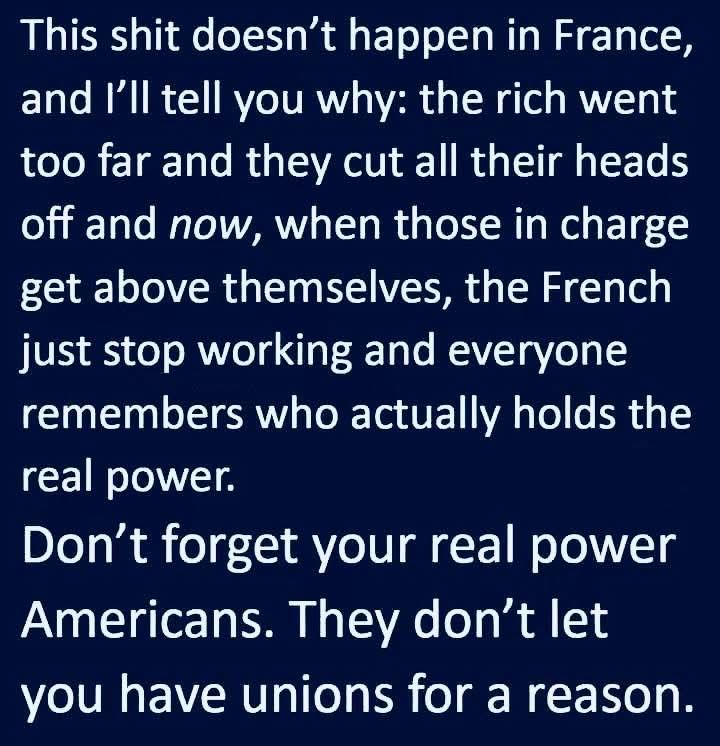why did Trump have Barr quash the Mueller Investigation ?
Pretty sure if it was a "hoax" Mueller a life long GOP would have found as much
and shut down a hopeless investigation himself,
One more question then I will leave you to your important work here,
What was it Trump was afraid of getting out ?
Might have been a hoax it might not, We won't ever really know
Ok thethe you can go back to your day job.
and I don't mean in " accounting"
'Quash' the investigation? THe one that lasted for almost 3 years and resulted in nothing but dependency on foreign intelligence from unscrupulous sources? What you should really be asking is why didn't Mueller look into certain things like Misfuds entanglements with the five eyes network. You know important things and not public comments that Trump made in front of the world.
What was Trump 'afraid' of getting out? What didn't 'get out'? Who is claiming that any piece of the Mueller report was not published?

